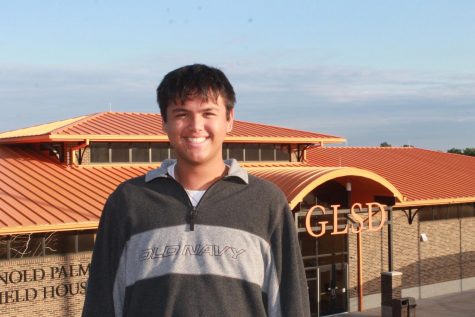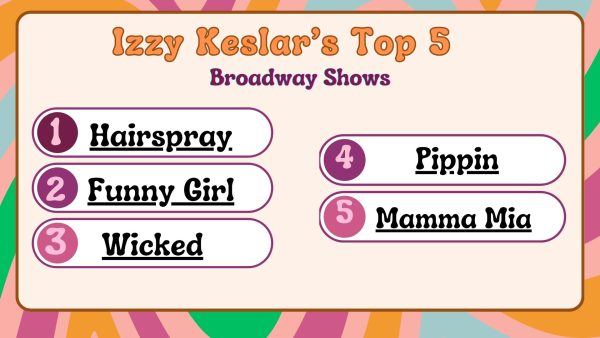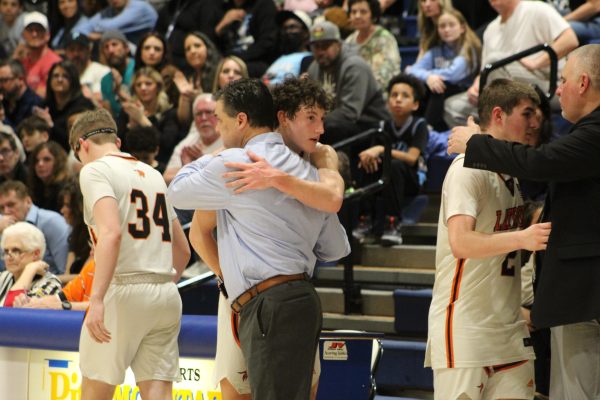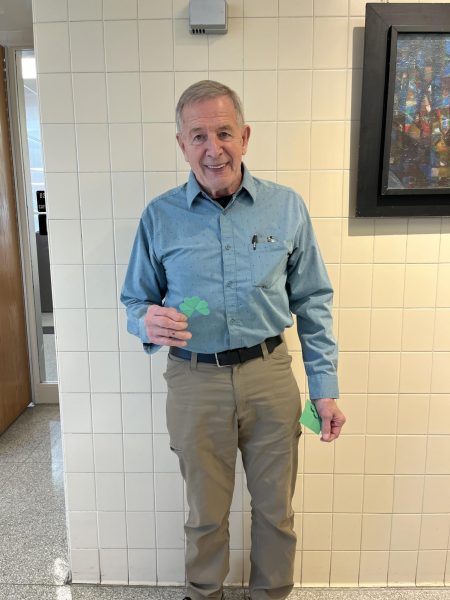A Look into Solo Español
“¿Solo Español?” A phrase roughly translated into English as “Only Spanish,” is a term heard throughout the classrooms of the Spanish Department. The significance of this phrase is a simple rule within the walls of these foreign language classrooms. Whether it is conversing with fellow classmates to asking a simple question of using the restroom, the vocabulary must all be in Spanish. Throughout the years, this rule has been embedded into the curriculum of the course of AP Spanish. However, a recent change in the department encourages this rule to all senior high Spanish classes, Spanish II, III, IV, and of course, AP. From the beginning of the school year, this newly made rule of speaking only Spanish within the classroom has been implemented into the lives of all current Spanish students at Greater Latrobe. An abundance of students have been extremely vocal about their thoughts and perspectives on the rule change.
To be able to better understand the Spanish students of Greater Latrobe with the new rule change, interviewing a student from the course of Spanish III seemed fit to begin with. Maya Jain, a sophomore, has been taking Spanish throughout her academic career. She is currently enrolled in Señora Reisz’s Spanish III class. She gave insight on how she deals with the new speaking rule, as well as her personal perspective of hers. Maya, along with other students enrolled in her class feel as though this new rule is an investment into their future when dealing with a foreign language problem.
“We can use it if we travel in a Spanish-speaking country,” Jain explained. “Or an area with a strong Spanish population.”
More and more as the years go on, we see a change to the world. Spanish is becoming a more prominent language, specifically in the Southwestern United States, which borders the Spanish-speaking nation of Mexico. The use of the Spanish language is gradually increasing in everyday lives, with examples of versions of the Spanish language on public signs to even the language change on Disney films. No matter what, the growing push to become bilingual, specifically with Spanish is more and more prominent today.
However, has this rule helped students? This question has been passed around throughout the department, and is obviously asked by the students enduring these rigorous courses. Will Beddick, a student currently enrolled in Profé Harvey’s Spanish IV course, explains the impact of this bylaw dealing speaking only Spanish.
“Since the recent change in the Spanish department, I feel as though I am able to tie concepts together from previous classes,” Beddick revealed. “We’ve always learned grammar, and I think that with this change I am able to apply my past knowledge verbally.”
Learning grammar and sentence structures of a language is difficult, however being able to add those ingredients of the language into something articulated is even more difficult. Comprehending languages through listening activities for only an hour proves to students that taking part in these courses will not be easy. However, the reward of being familiar with a language like Spanish, as well as learning more about a culture through its primary language is an excellent product.
Due to the change of “Solo Español” in the classroom, the worries for the department have increased due to students not being interested in something so vast and different like speaking only in a foreign language. Maya Jain gives insight on her struggles she faces while within the walls of her Spanish class.
“At the beginning of the year I and the rest of the class were all nervous because we didn’t know all the words and didn’t want to mess up,” Jain says. “But now as the year has progressed most people have gotten more comfortable with speaking simple sentences and the progress we have all made is great.”
Maya, along with the other students in Spanish classes, do encounter struggles and try to make the most of this new and difficult rule. Abby Rullo, a senior currently enrolled in Profé Harvey’s AP Spanish class, looks to give advice to those who are thinking about conflicted by taking Spanish after the III course, or even to those who are still in Spanish.
“Learn as much vocab as you can, it will definitely help you out,” Rullo remarks. “If it gets difficult or you think you can’t do it, don’t give up!”

As a senior here at Greater Latrobe, I have been able to set roots in clubs and outside organizations that have been part of my high school career for...













